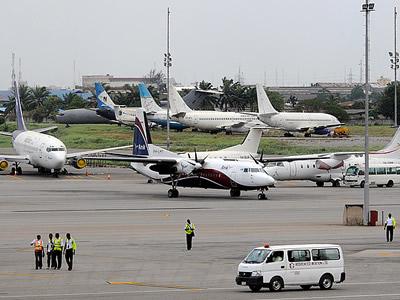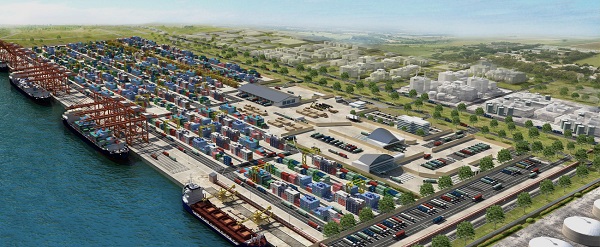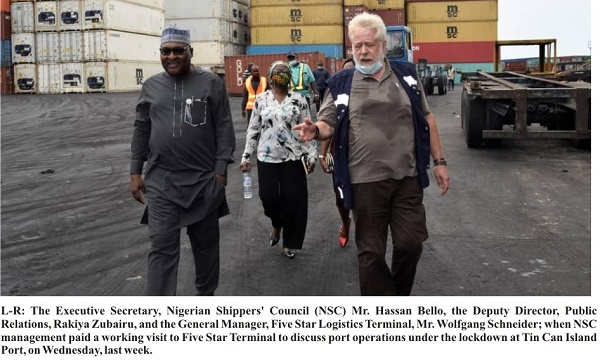CILT Calls For Regulation Of Trucking In Nigeria

By Kenneth Jukpor
Following the persistent increase in truck freight charges across the country, high rate of inefficiency and mishaps, the Chartered Institute of Logistics and Transport (CILT) Nigeria has called for improved regulation and policy framework to uplift the profession.
The President of CILT Nigeria, Mr. Jibril Ibrahim made this call yesterday during the opening ceremony of the 2018 national conference and Annual General Meeting (AGM) in Lagos.
Jibril stated that the choice of the theme; “Trucks in Freight Logistics: Issues in Nigerian Economic Development” was fueled by the enormous challenges facing trucking in the country especially as the nation’s economy relied on it for over 85% of its physical distribution system.
Speaking to journalists at the event, Jibril said; “Our biggest concern is that trucking in Nigeria is virtually unregulated, it comes with a lot mishaps, inefficiencies and wastages that we believe could be addressed. We are calling on the government to see how all stakeholders could come together to deliberate on the right policies and regulations to enhance trucking in the country”
The CILT President stressed that an improved regulation of trucking business in the nation would encourage more refined professionals and investors which would change the perception of the business and yeild the desired results for the nation.
However, Jibril noted that the railways which used to contribute over 40% of the freight tonnage movements in Nigeria in the 1960 and 1970 had over two decades ago fallen to a low level of less than 4% of tonnage haulage adding that the inland waterways usage for internal mobility and distribution was still at their informal level and aggregated to less than 1% of the volume as according to him, Nigeria was yet to put many of the inland ports being developed into any meaningful use especially when one evaluates the state of readiness of such inland ports like the one at Onitsha or Lokoja which had recently been commissioned.
On aviation, he said; “The sector is beginning to pick up. Our locally generated traffic in this sector composed of the heavy electoral materials lifted during the last national election circle. The other sizeable component relates to the consignments from the Courier services and the online shopping shipments. It should be recognized that there are small pockets of aggregate tonnes of loads from very informal sector, carrying farm produce to the city centres.
In the light of the scenario painted above, it is therefore clear that it is just the road trucks that we, as a nation, had relied upon to grow our economy, hope to drive down inflation through cost effectiveness in economic regulation of our ports but not with the pricing of the freight for the truck services”.
He equally congratulated the newly inducted members and fellows of the institutes, admonishing them to distinguish themselves with excellence in their respective fields of endeavour.







